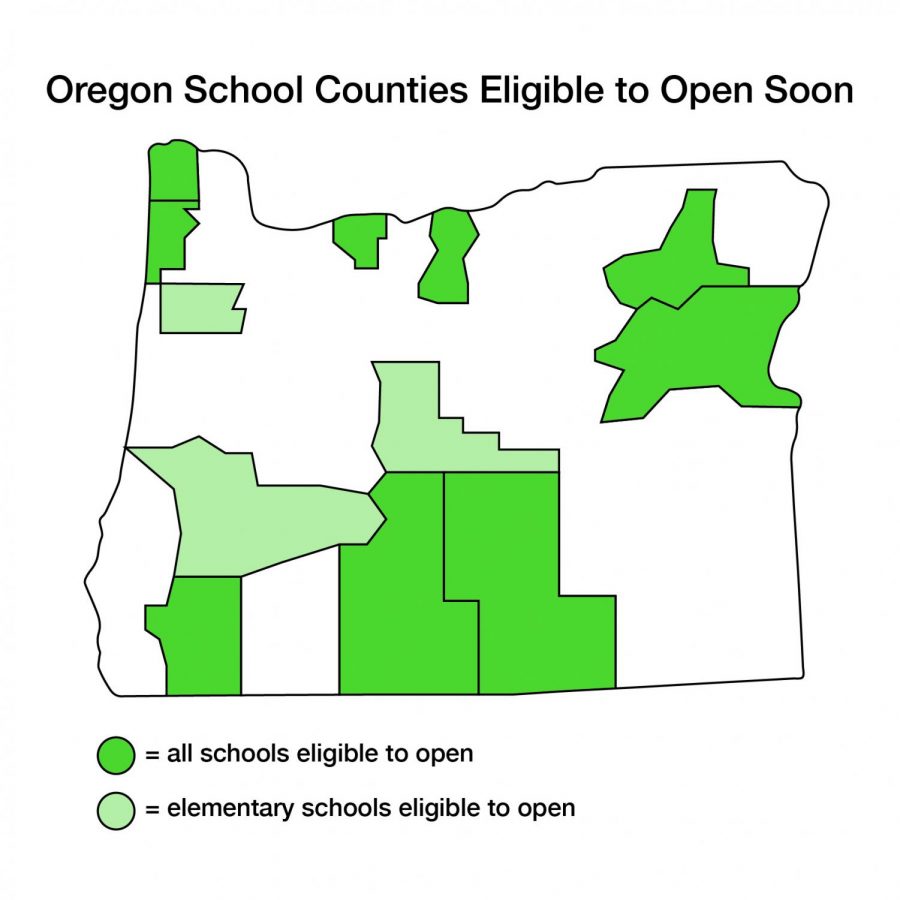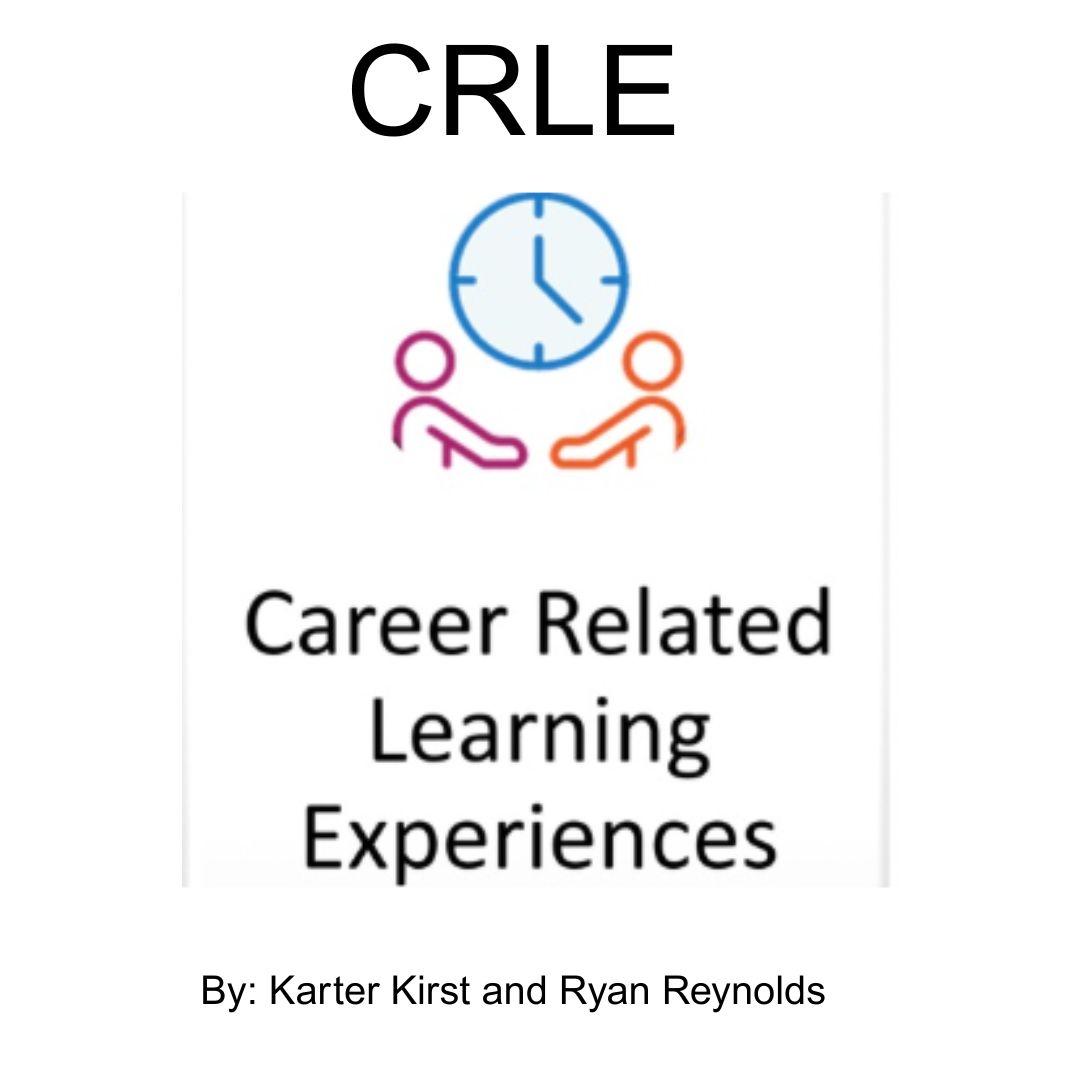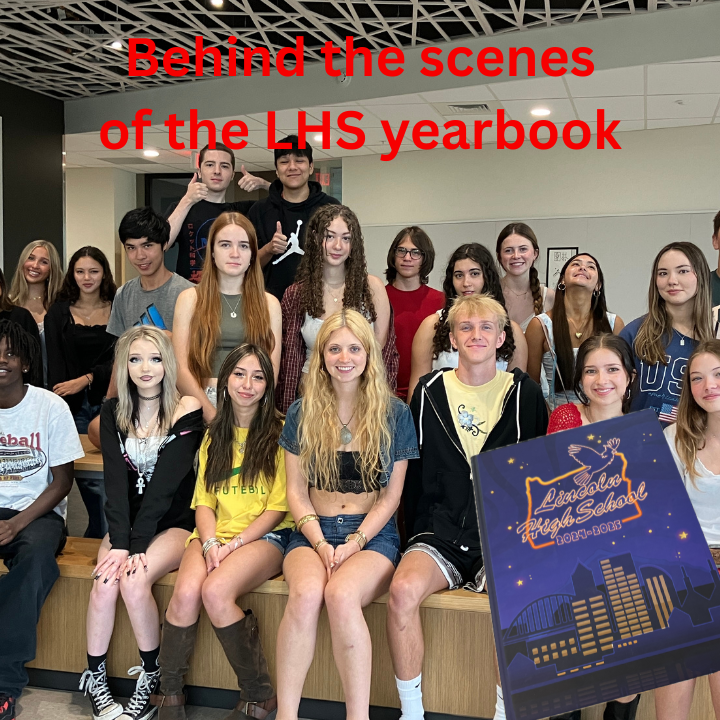Teachers discuss returning to school in-person
According to OPB, on Oct. 30, “Despite record numbers of coronavirus cases in Oregon, state education and health officials announced new guidelines Friday for public schools, potentially opening many more school doors to in-person instruction.”
November 29, 2020
As schools start to reopen around the country, teachers at Lincoln are considering the possibility of eventually going back to school in-person while also thinking about the safety of students and themselves.
On Oct. 30, Oregon Governor Kate Brown loosened the criteria for schools to reopen. Students in Portland Public Schools will remain distance learning until at least January 28, but the requirements for returning to in-person learning have lessened. In order for schools to be eligible to open up again, Oregon’s Department of Education requires two consecutive weeks of 100 or fewer cases of COVID-19 per 100,000 people in each county and a COVID positivity rate of five to eight percent or less.
If schools were able to meet the requirements, they would be able to open for a hybrid model of on-site learning and distance learning.
IB Biology teacher Maureen Kenny, Ceramics teacher Coren Rau, and English teacher Kara Wendel are in support of the extension due to the recent rise of COVID cases in Oregon. Though many teachers want to be back in the building, they say, the safety of students and staff outweighs the positives of returning.
“I hear the community saying they want [to go back]… but it’s a public health issue,” said Kenny. “Sometimes we have to look at what is better for the public health than what is better for individuals. So I don’t see any other way around it.”
Distance learning has forced teachers to find new ways to offer students help. For Rau, teaching from a distance has been difficult.
“[Distance learning] is making me more careful about preparing materials in a really clear way because it’s a lot harder to go back and explain things,” said Rau.
Wendel has found one of the keys to successful distance learning is maintaining relationships between students.
“Students need to be with each other. They need to be in community,” said Wendel. “A lot of learning is obviously the material, but also how you process it with each other. You need your friends and you need the things about school that aren’t just academic.”
This year, students are finding it increasingly difficult to connect with their friends and community. According to a study of 1,500 teenagers by Mission Harbor Behavioral Health, mental health is rapidly declining, with seven out of ten teens saying they are struggling. Teachers have been struggling with the benefits that returning to school will have for mental health while acknowledging the risks of returning before the pandemic is under control.
“That really horrible feeling of isolation, that’s serious. But the biological threat of this virus is worse,” said Kenny. “I think that people can recover from their isolation-induced mental health issues, and you cannot recover if you die or are severely compromised from this disease. And we are finding that this disease can harm people for quite a while.”
Wendel also emphasized the importance of students’ mental health above school this year.
“We, as a school, need to keep coming back to mental health,” said Wendel. “Your learning [is] important, but this is really a year for us to take care of each other as best we can.”
With COVID cases continuing to increase, there is still uncertainty as to when Lincoln will reopen. Distance learning has presented its challenges, and both teachers and students are looking forward to returning to the Lincoln campus as soon as it is safe. Even if schools reopen, teachers realize that when students return to school, all aspects of learning won’t be the same.
“Normal isn’t something we are going to go back to,” said Wendel. “Even if we are back in school, so much has changed.”




